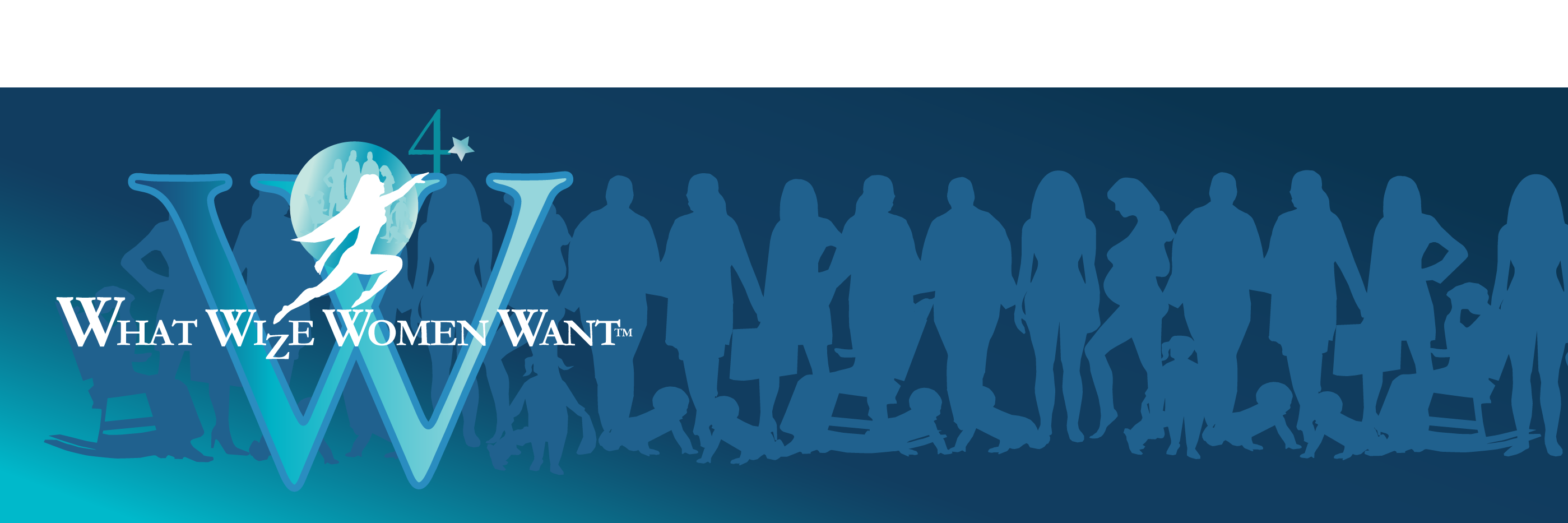
Does anyone realize the treasure that Albemarle County School District has in its Superintendent of Schools? It is going to take courageous individuals, with unique perspectives and creativity, the ability to communicate and the courage to voice their dissent to transform this society and planet for our children. For 30 years, I have studied successful education models around the globe searching for the next infrastructure to replace the antiquated model that is thwarting the joys of learning for our children. Yet, from every iteration and action that the superintendent Pam Moran has undertaken, she has demonstrated the knowledge and expertise of one who knows first-hand ‘best practices’, the climate and environments most conducive for learning, how to treat children and students as human beings instead of test scores and statistics, how to reach the disenfranchised, how to value teachers and a litany of other astute, insightful wisdom. It is unique to find someone in the public school system that has the foresight to see into the future without dwelling in the past, to create change without arousing intense fear or to set aside restrictive 19th century legislation without bending the rules.
It is assumed that spending $500 billion on education would rank the US high among countries. Yet, we trail Hong Kong, Singapore, Japan, South Korea and Finland. The Program for International Assessment has ranked Finland in the top 2 countries for many years in math, reading and science. In another test administered to 65 countries all over the world, the US ranked 15th in reading, 23rd in science, and 31st in math. Education has become more about testing and relying on data and less on teachers and student responsibility. One (1) in four (4) students stagnates on the mediocrity merry-go-round for the rest of their lives because they do not graduate from high school. Jobs require education. How can we best educate children for life long success? Dr. Moran will outline this at a conference on October12th.
In Finland, education is a balanced approach without testing or performance standards. There is no accountability because Finns believe in self-responsibility and trust. The school day is from 8 to 1PM every day, with much recess, little homework and lots of holidays. Art, music, home economics and recess is the focus while spending a lot less money- 20% less. Because students are trusted to learn, they respond in kind. Rather than teaching them to win, school is a place that students enjoy to just ‘be’.
With strong interpersonal and extracurricular expertise, teaching is highly valued with only 8 universities in the country allowed to train teachers. Just 300 teachers graduate a year after 5-7 years of study before going into a classroom. Teachers are so well prepared and structured that they are free to engage students. There is respect for what school is; a rich environment for education and learning. Fun and participation is the basis. Rather than lecture style, everyone is actively engaged in the learning process, both student and teacher alike.
Government supports the family by lowering taxes and distributing $500 a month for each child. School environments do not look or feel like US school structures but are well kept, light, airy and feel secure because children attend school free of charge up through college with free texts, free medical/dental care and free meals. All are equal. The US has 50 million students and the 2nd highest child poverty rate in the world while Finland has the second lowest. In all cited studies, income disparity is directly linked to school performance and success.
Schools across America emphasize testing not teaching with deeply disappointing results. A whopping 80% of schools fail proficiency goals set up by the Department of Education. When in 2001 No Child Left Behind was passed, schools took drastic measures and some formed standardized test cheating rings to achieve compliance. In Chicago, testing has become the only measure of success; High stakes testing. In kindergarten, young children take 14 tests a year while most cannot read at age 5 years old. There are high emotional costs plus time spent on testing instead of learning the US compared to other countries.
In Brooklyn, New York, the one of the Non-Profit Uncommon Charter Schools is designed to prepare low income students for college. Charter schools are up for certification every five years. If students do not perform, the charter is revoked and the school shuts down. In this school, 80% are low income, 99% African American and Latino and 100% of sixth, seventh and eighth graders scored in the highest proficiency in math far above their white counterparts in other schools who scored 75%, the state white average. Administrators design the unique school culture around the students. The school offers freedom and flexibility and in exchange, shows higher accountability and results. All students are known by the principal and shake her hand every morning, which studies show add to elevated student performance. The hallways are covered with posters conveying positive thoughts, comments and reinforcements!
At Williamsburg it is all about testing all of the time. Williamsburg cannot wait around until someone fixes poverty and the achievement gap. Classes are designed so students constantly engage in an immersive approach to learning. Fast paced, quiet hallways, students respectful, celebrate each other’s success and ability to be smart. Expectations of student’s are high, challenging and fun with no easy way out! Children love going to a school that emphasizes their successes instead of their failures. Appreciation develops and attitudes about life change. All children in the classroom are held accountable including the one who is quiet. There is constant positive feedback to all students all of the time with physical reinforcements like snapping fingers, making sounds, acknowledging each other for correct answers. Every minute is regimented and structured for the fast pace. There is no down time in class.
Teachers believe in the philosophy and mission. While Finns trust teachers to do their best, Williamsburg uses tests and obsesses about data and hires teachers who are fun, joyful and enthusiastic. Along with engaged students, it takes remarkable teachers to function in this high energy infrastructure, not tests and instruction.
Our country is too big and too diverse to replicate the Finnish model. But we can do something to change- start treating teaching with the professional respect and the accolades it deserves instead of as a cadre of public servants. In Finland, teaching is treated as one of the highest career callings. In the US, it is the reverse. Even though studies show that the first six years of a child’s life mold their character and intelligence, children are subjected to minimum wage earners with high school diplomas in day care and nursery, an antiquated Industrial model of learning as if on an assembly line devoid of creativity, questioning, emotion and movement, all relics of bygone eras. Yet, it takes someone with a vision of the future while living in the present to determine what skills, knowledge and expertise is needed for business, industry and just plain living. Pam Moran is one such visionary. I look forward to hearing her on Saturday, October 12th when she will be speaking about the Essential Skills needed for the future. She is someone whom we can all regard as ‘expert’ in understanding what future qualities are conducive to career, personal and lifelong success as well as how to create it.

